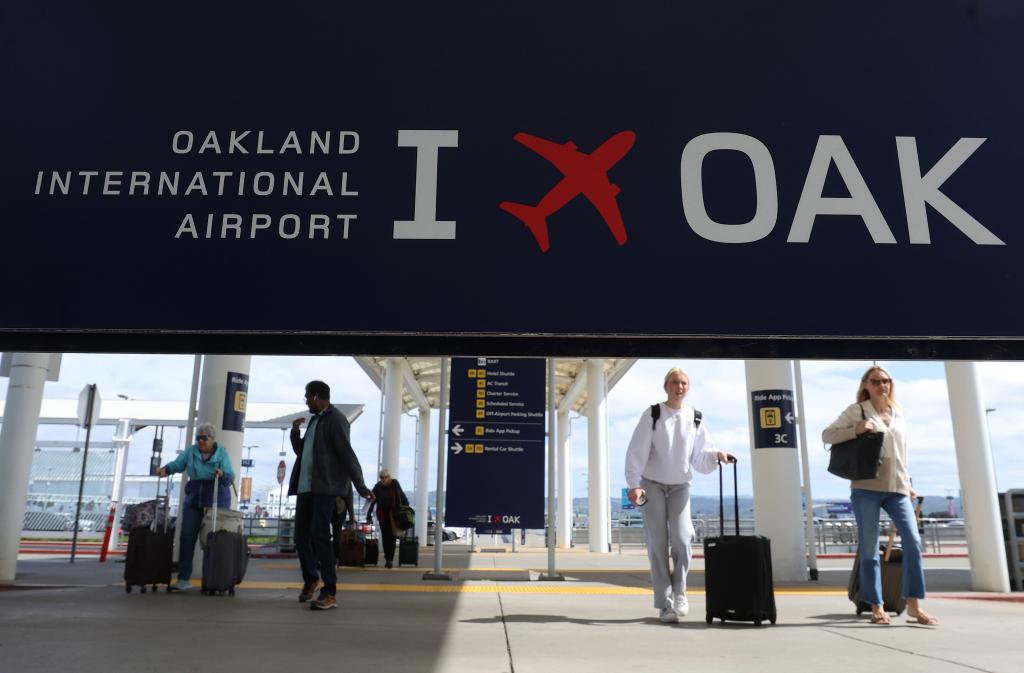The conflict between San Francisco and Oakland began when Oakland rebranded its airport to the “San Francisco Bay Oakland International Airport” in order to better inform travelers about its location. While Port of Oakland officials claimed that the name change was for the convenience of travelers and to highlight the airport’s close proximity to a large portion of the Bay Area population, critics, including those in San Francisco, were not impressed. San Francisco City Attorney David Chiu accused Oakland of capitalizing on confusion and intentionally infringing upon San Francisco’s brand by using a name similar to San Francisco International Airport.
Chiu argued that San Francisco had invested significant resources in building the brand of its airport and that Oakland should focus on promoting its own brand instead of attempting to piggyback on San Francisco’s success. However, Port representatives pushed back against these claims, calling them tactics rooted in publicity and anti-competitive bullying. The Port of Oakland filed a counterclaim against San Francisco International Airport, accusing them of attempting to manufacture confusion and erase Oakland from the map through legal filings.
The dispute between the two cities comes at a time when Oakland has already been dealing with the loss of three major-league sports franchises. The Athletics played their final game at the Oakland Coliseum before moving to Las Vegas, following in the footsteps of the Raiders, who departed for Las Vegas in 2020, and the Golden State Warriors, who moved to San Francisco in 2019. The final game for the Athletics included chants from fans urging the team owner to sell the team and fans throwing smoke bombs onto the field.
Despite the ongoing conflict over the airport name, both San Francisco and Oakland have unique characteristics that set them apart. San Francisco is known for its iconic landmarks such as the Golden Gate Bridge and Alcatraz Island, while Oakland has a rich culture and history, with a thriving arts scene and diverse community. While there may be rivalry and tension between the two cities, they each have their own strengths and identities that make them important parts of the Bay Area region.
Ultimately, the trademark lawsuit and the ensuing debate over the airport name highlight the complex relationship between San Francisco and Oakland. While both cities may have their own interests and priorities, it is important for them to find ways to coexist and collaborate for the greater good of the Bay Area region. As they navigate this conflict, it is crucial for both San Francisco and Oakland to uphold their unique identities while also respecting the boundaries and brands of the other. Only through mutual understanding and cooperation can these neighboring cities continue to thrive and prosper in the Bay Area.


